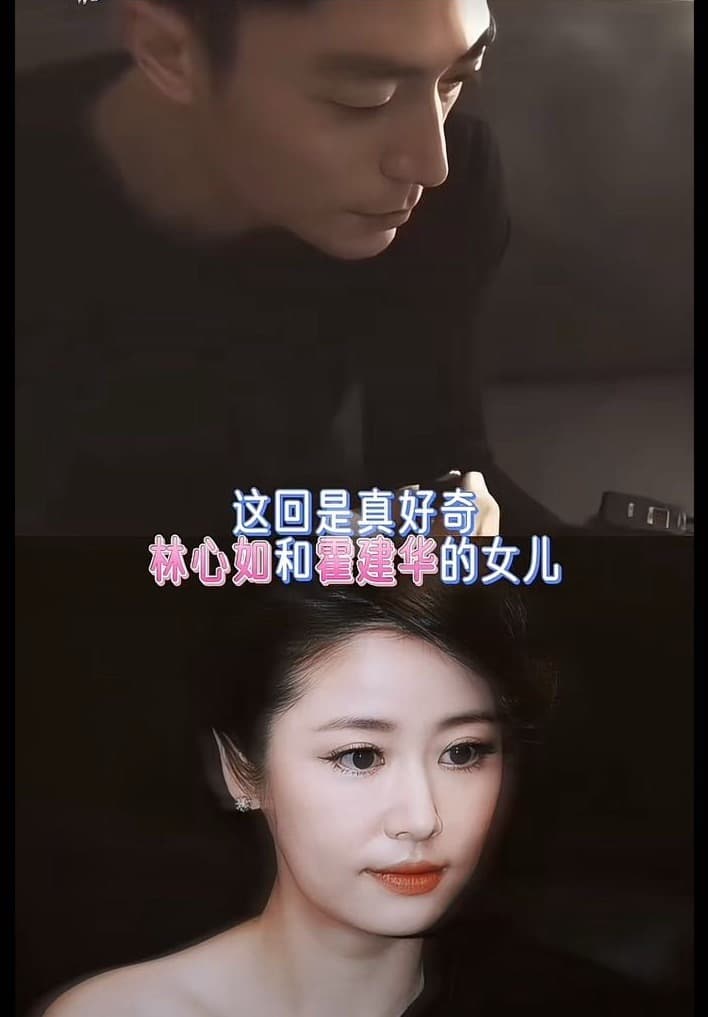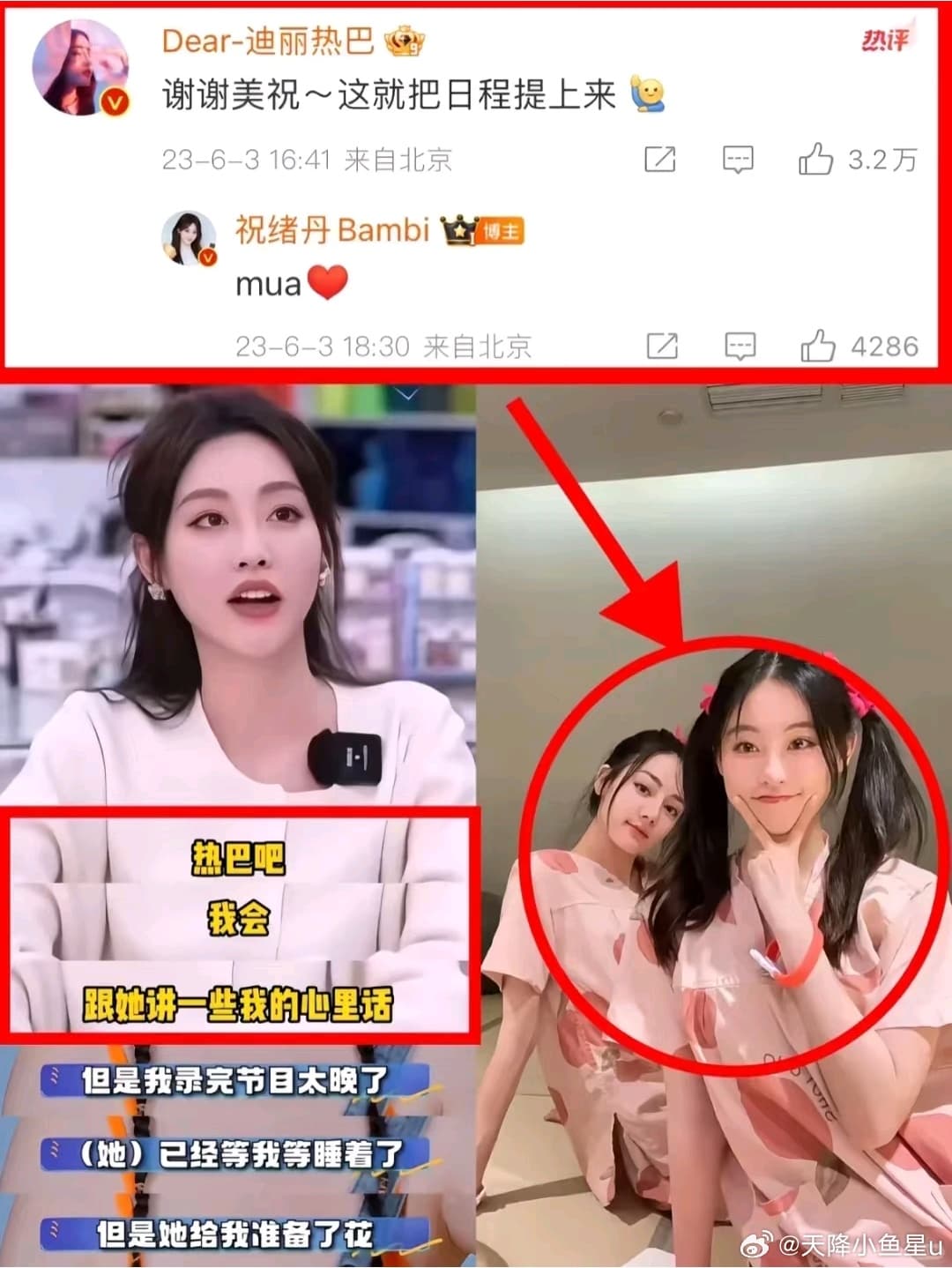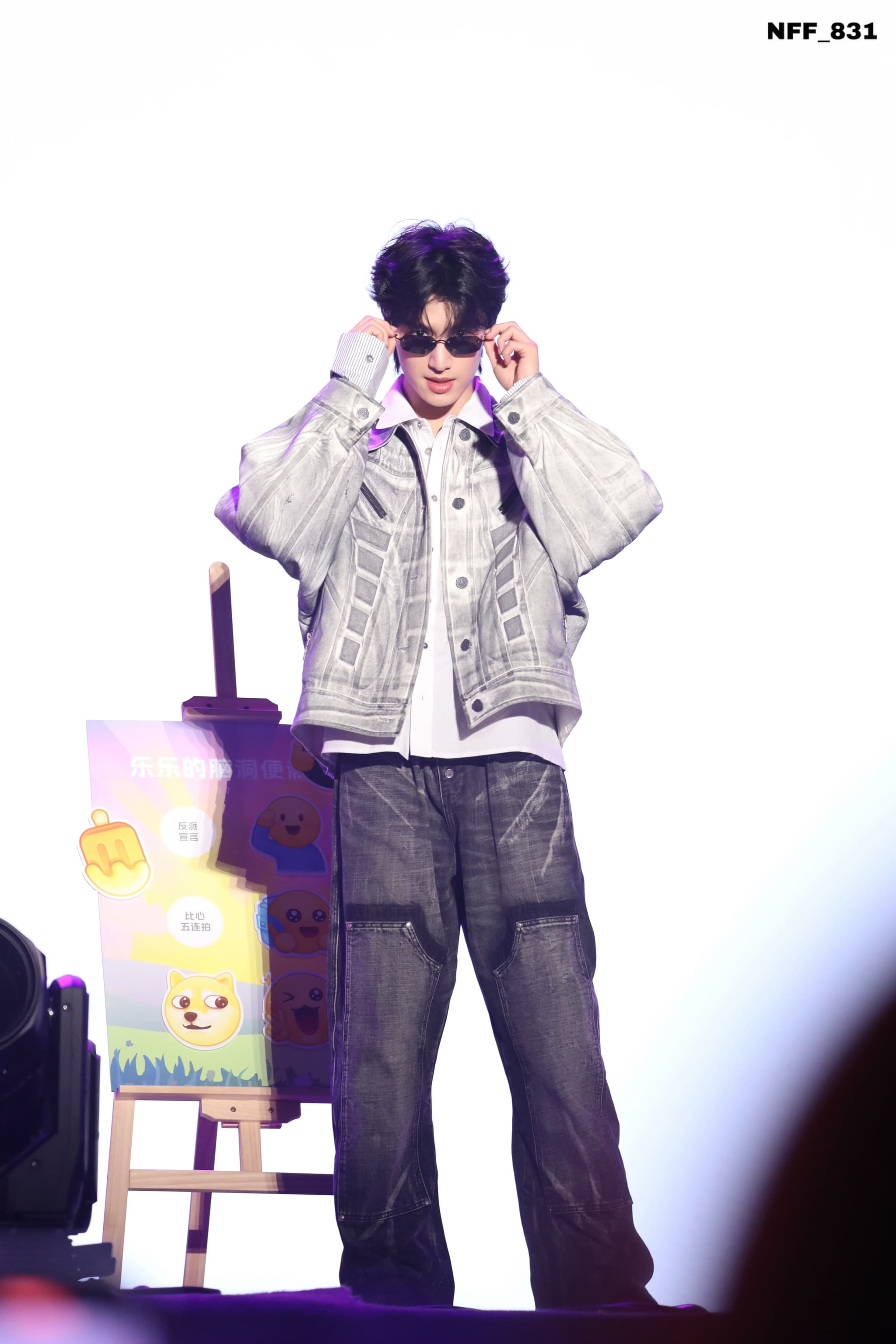Chinese Actress Hu Jing Breaks Societal Molds by Embracing Husband's Career in the Funeral Industry
Chinese actress Hu Jing recently spoke publicly about her husband, Zhu Zhaoxiang, and his profession in the funeral industry. In an interview, Hu Jing candidly stated that her husband works in the funeral industry, a revelation that has sparked interest among fans and media alike. Despite initial surprise and potential societal stigma surrounding the industry, Hu Jing expressed her acceptance and support for her husband's career choice. This openness is notable, given the traditional expectations and scrutiny that often accompany celebrity marriages, particularly those involving wealthy and influential families.

20 February 2025
Hu Jing's husband, Zhu Zhaoxiang, is a Malaysian businessman and Datuk, a title of honor conferred by the Malaysian government. While his profession may not be considered conventional or glamorous, Hu Jing emphasized that her husband's responsible and loyal nature, as well as his support for her acting career, are essential qualities that she values in a partner. This mutual respect and understanding have contributed to their successful marriage, with Hu Jing having a significant degree of autonomy and decision-making power within their relationship.
The funeral industry, often shrouded in mystery and misconception, faces unique social perceptions and challenges. Despite its essential role in society, the sector is frequently stigmatized, with many viewing it as a taboo profession. This stigma can stem from cultural and historical roots, where death is seen as a somber and feared entity. As a result, individuals working in the funeral industry, like Hu Jing's husband, often face societal biases and misconceptions about their line of work.
However, there is a growing recognition that the funeral industry is a respectable and sacred profession. It requires a high degree of empathy, professionalism, and dedication to provide solace and support to grieving families during their most vulnerable moments. The work involves not only logistical arrangements but also emotional labor, making it a challenging yet rewarding career for those who choose to pursue it.
One of the significant challenges facing the funeral industry is changing social attitudes towards death and mourning. With increasing openness and discussions about end-of-life care, there is an opportunity for the industry to redefine its public image and emphasize the importance of its services. This shift can help in de-stigmatizing the profession, attracting more individuals to consider careers in the funeral sector, and ultimately providing better support to communities in need.
Furthermore, technological advancements and innovative funeral practices are transforming the industry, offering new and dignified ways to honor the deceased and support the bereaved. From eco-friendly burials to digital memorials, these developments not only cater to evolving consumer preferences but also contribute to a more inclusive and respectful understanding of the funeral industry's role in society.
Hu Jing's attitude towards her husband's profession is one of respect and understanding. In a recent interview, she openly discussed her husband's line of work, stating that she initially found it surprising but has come to respect his choice and the significance of his role. Hu Jing emphasized that every industry has its value and deserves equal respect, showcasing her open-minded and supportive nature.
The couple's relationship appears to be built on a foundation of mutual respect and trust. Hu Jing's denial of the rumors surrounding her husband having four wives is a testament to the strength of their bond. She confidently asserted that their relationship has always been good and that there is no truth to such baseless claims.
Hu Jing's comments on her husband's profession demonstrate a deep understanding and appreciation for the importance of his work. She recognizes the significance of the funeral industry and the responsibilities that come with it, showcasing her empathetic and compassionate side.
In conclusion, the funeral industry, despite its challenges, is a vital part of our social fabric. By advocating for respect and understanding, as Hu Jing and her supporters have done, we can work towards a more compassionate and open dialogue about death, grief, and the important work of those in the funeral profession. This shift in societal perception is crucial for the industry's growth and for ensuring that those who work tirelessly to care for the deceased and their families receive the respect and appreciation they deserve.
Comments

Share this article
Related Articles

Ruby Lin Says She and Wallace Huo Are Still “Adjusting” After Seven Years, Igniting Viral Debate on Celebrity Marriages
By Trending on Weibo
Entertainment
15 Sept 2025

“Too Much Qi”: A Light‑hearted Joke on ‘Sisters Who Make Waves’ Sparks Celebrity Smear Campaign, Wellness Debate and Online Meme Frenzy in China
By Trending on Weibo
Entertainment
15 Sept 2025
Li Ronghao’s Tour Surge, New Video Release, and NFC Album Glitch Spotlight Quality‑Control Challenges in China’s Pop Scene
By Trending on Weibo
Entertainment
13 Sept 2025
Mu Zhicheng Emerges as TF Entertainment’s Hottest Trainee Amid Viral Social‑Media Surge and Anticipated Debut
By Trending on Weibo
Entertainment
13 Sept 2025

China’s Emerging Acting Sensation Zhang Kangle Poised for High‑Profile Film, Fashion, and Digital Stardom
By Trending on Weibo
Entertainment
13 Sept 2025


